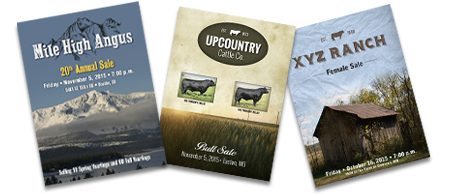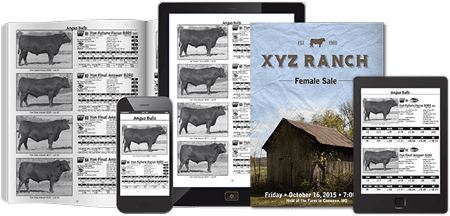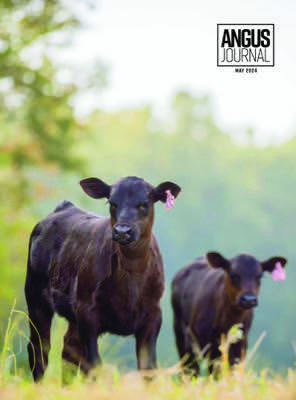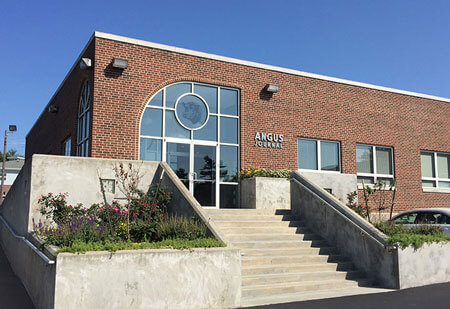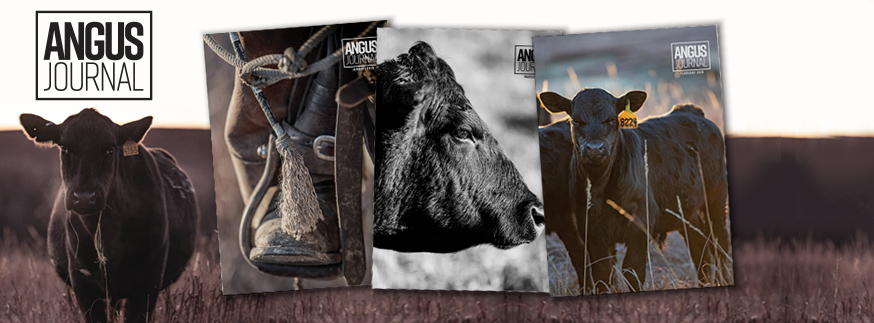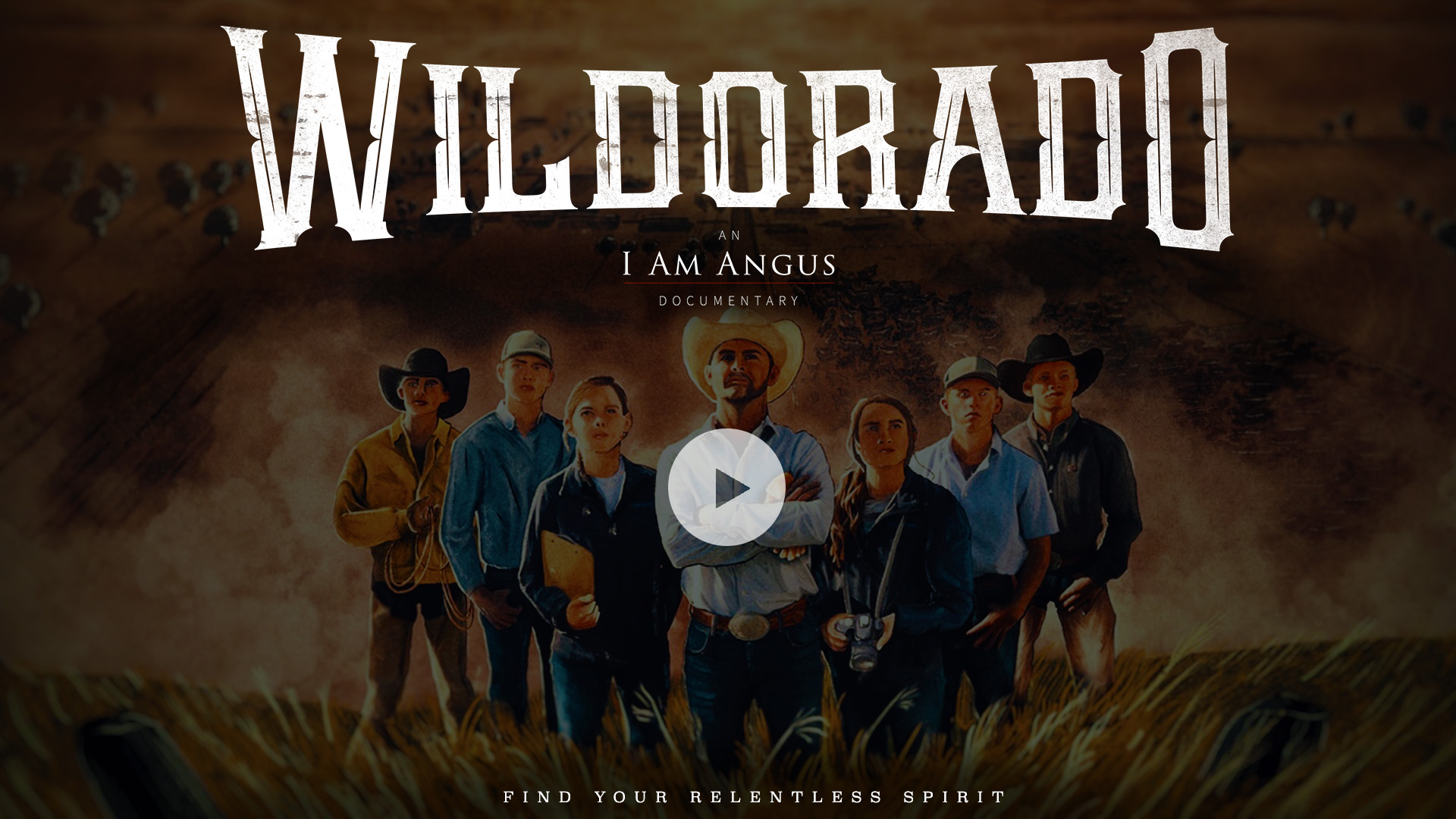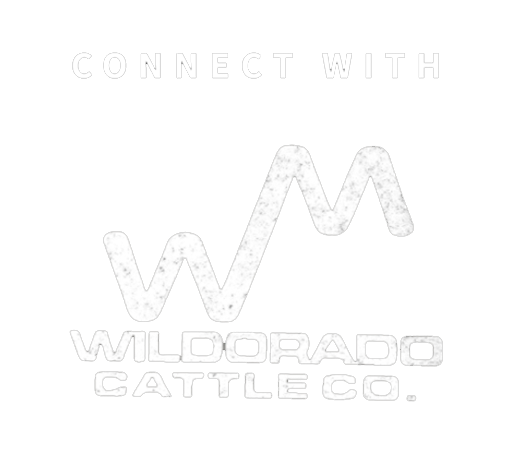If you count the stray dog, the population might hit 125. This dot-on-a-map town is somewhere along I-40, just beyond the city limits of Amarillo, Texas. The public school was in danger of closing, and that would have cinched the life right out of this rural community.
Without a high school, Wildorado struggled to keep families in the area. The municipality received a significant bond to build a school with the goal of retaining their students past elementary age and attracting more families back to the area.
One of the first orders of business for Wildorado Independent School District (ISD) was finding the perfect agricultural education teacher.
The right man for the job came in the form of Cody Bonds. The Wildorado ISD school board hired him from another Panhandle high school.
What makes him so special? He'll tell you, not a darn thing. He credits all claims of success back to his students.
The school board had high expectations for Bonds right from the start.
"When I showed up, they said, 'We want you to do something out of the box,'" Bonds says, noting their requests for an ag program that would make a difference, give them something to be proud of and be an asset to the school district.
Up for the challenge, he was immediately asked what his plans were by the school board."
He replied, "Why don't we wait and see what the kids and I come up with?"
They decided on Wildorado Cattle Company — a student-led Angus seedstock operation. The new program has checked off every box the board outlined and then some.
It all started one February afternoon in 2018.
"We were at my house horse-judging," says Jessica Merrell, a sophomore at Wildorado ISD. "My dad looked at me and said, 'Jess, load up your horse. We've got to go doctor a cow.'"
This everyday occurrence in the Texas Panhandle got the wheels turning in Bonds' head about the idea of starting a student-run cattle business.
Later that day, he was driving home another student, Kade Flowers.
"It was just him and I, and in a moment of weakness I said, 'Okay, what if we did this?'" Bonds says. "Kade, being the little cowboy that he is, jumped all over the idea of being able to raise cattle."
Flowers could hardly contain his excitement.
"I jumped right on board," Flowers says. "I was so excited I couldn't sit in my seat."
Bonds and Flowers formally presented the idea to the class the next morning. The group shared the pairs' enthusiasm for the idea, but Bonds wanted them to understand exactly what they were signing up for. He even tried to talk them out of it by giving them the most nightmarish scenario he could think of.
"We could literally be out there in the middle of the night with nothing but headlights on a pickup and a rope trying to pull a calf out," Bond says as he painted a picture for the class. "You're cold and you're miserable. You go through that whole process, and then your calf dies. And then you've got to go take a bath in the sink in the locker room and go to class, sit down and listen to Ms. Little's English."
But his attempts at dissuasion didn't faze the class.
"I said all that and it didn't bother them," Bonds says. "They said, 'Yes, sir. We understand.' And I sat there and thought, 'Oh, what did I do?'"
After garnering support from parents and the school board, the group started making moves. They soon found out there's no other student-led program like this in the nation. With very little groundwork laid out for them, they brushed up on industry knowledge, genetics and herd management. After conducting extensive research that would put any well-seasoned cattleman to shame, the kids decided to move forward with an Angus seedstock business.
A major concern with the decision to breed registered cattle was the weather patterns and the surrounding landscape.
"It's hard to run cows in this country," says Ty Cleavinger, a Wildorado school board member and parent. "But with the seedstock there was more educational tools for the kids and more growth opportunities for them to learn different aspects of the business."
Cleavinger, who manages Gray Ranch in Wildorado, is probably one of the largest supporters the cattle company has encountered thus far. The kids worked out a deal where Cleavinger allows them to keep their registered stock at Gray Ranch, and in return they help check and work his commercial herd. This lease agreement brings the entire FFA group out to the annual drag-branding at Gray Ranch in the spring.
It was like nothing Angelica "Jellie" Esparza, a student from Amarillo, had ever witnessed before.
Her inaugural experience with live cattle was at the branding, and, timid at first, she sat back taking photos of the Gray Ranch tradition. But, curiosity eventually got the best of her.
"I thought, 'Well, I'm only going to learn if I go out there and actually do it,'" she says. "So, I went out there and flanked the calf, and I was like, 'Oh my gosh, this is so fun!' So, I just kept doing it."
Esparza now has no issue stepping up to help with the physical work, but the business structure of the cattle company allows her to spend her time working in a marketing capacity, which she really enjoys.
"I realized that if this was truly going to be a business, that we needed to actually break it into departments, much like a traditional business," Bonds says.
After evaluating each of the kids' skill sets, they were assigned departments to work in, which include public relations, marketing, herd management, records and finance. This arrangement ensures a place for everybody in the cattle company while making sure everyone pulls their weight.
From estrous synchronization and breeding to placing ads and calling on buyers, the students are the manpower behind everything that happens at Wildorado Cattle Company.
"People think our parents are very involved," Merrell says, adding they only ask for parent help for tasks like decorating for events or a ride home from school. But when it comes to the cattle, she firmly says, "The students make the decisions."
One of the bigger decisions the students made almost immediately was to host a production sale with their first crop of bull calves.
"A lot of people said, 'You don't just decide you're going to have a bull sale,'" Bonds recalls. "Well, somebody had to decide they were going to have a bull sale at some point, so why not?"
With only seven bulls out of their first calf crop, the students found themselves shy of enough lot numbers to draw a crowd. They had to look externally for consignments.
Another challenge was generating interest in their bulls from potential buyers. As sales manager, sophomore Benson McAlister was front and center for most of those hard conversations.
"I'm the master persuader," McAlister says. He comes from an agricultural background, but he's still learning about the registered cattle business. "Conversations get very high-detail very fast. I've found that it's okay for me to say, 'I don't know, but I'll find an answer.'"
McAlister and team were handed rejections that would have dampened spirits and halted progress for most people. "You're just kids. It's never been done before. Maybe come back and talk to us next year."
The "yeses" they did receive were enough to keep the spark inside of them fanned. Throughout the process, it almost became a challenge to prove their naysayers wrong.
McAlister maturely notes the number of high-quality breeders in the industry, and their genetics aren't going to be everyone's first choice.
"That's a hit you take in the cattle industry," he says. "At the end, I want them with Angus cattle over anything else."
As the sale drew near, confidence remained high, but between clipping bulls and making sure they were in the right condition to configuring logistics of the big day all while staying on top of schoolwork, everyone was starting to feel the pressure.
"We were very stressed out," Flowers says. "Bonds said, 'If I have a stroke a week before the sale, just roll me over and keep on kickin.'"
When sale day finally rolled around on March 2, 2018, a rowdy couple of first lots to go on through the sale pen had everybody on edge.
As the sale progressed, the cattle calmed down and the events of the day ran smoothly. A total of 20 bulls sold, and most importantly, the kids of Wildorado delivered satisfactory results to their buyers and their consignors. Almost a year later, pride is still evident in every teen's face when speaking about the success of the event.
The Texas Panhandle isn't for the faint of heart. It's rough country. Unforgiving. In the same week it can be dry and dusty with winds that rival interstate speed limits and then biting cold with snow and ice plaguing the ground. You won't find many breaks from the elements due to the flat terrain. One of the few things that rivals the harshness of the landscape, however, is the exhibition of grit and determination by its residents.
It's no wonder the students of Wildorado have experienced the success they have. To them, there was no other option but to power through. They never viewed their countless challenges as anything more than small bumps in the road, and it's almost impossible not to be inspired by their fortitude.
A sign with a fitting phrase for this young group hangs front and center in Bonds' classroom: Life is now in session.
"We're trying to give them real-world experience of what life's going to be like when they're out of here," Bonds says.
Well, it doesn't get more real-world than what they are doing. While the sign is attention-grabbing, something else a little more inconspicuous is also present in the full room of enthusiastic adolescents — history being made.
The most common doubt Wildorado has received is one they've disproved several times over by now: It's never been done.
"Well, nothing's ever been done until it's been done," Bonds says. "So, watch us."
Editor's note: Kate Ryan is a freelance writer from Canyon, Texas.
